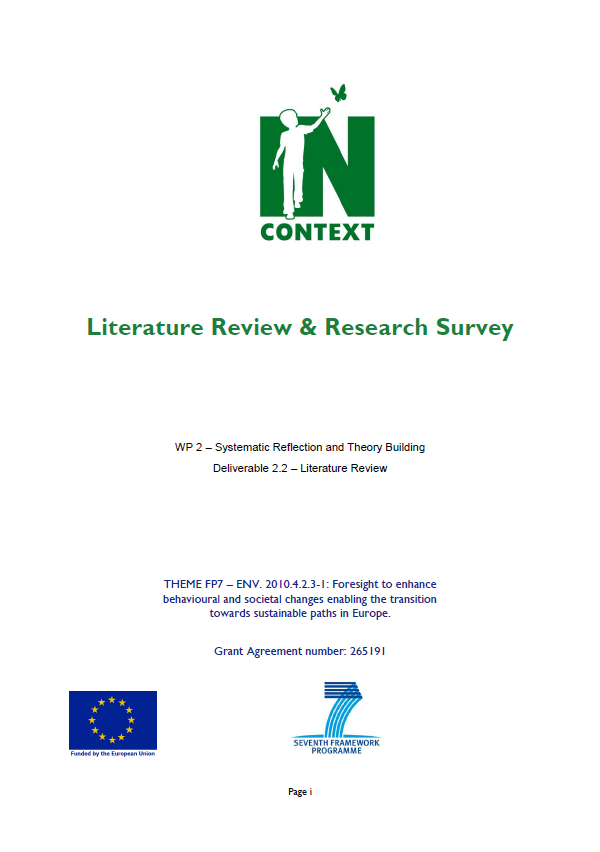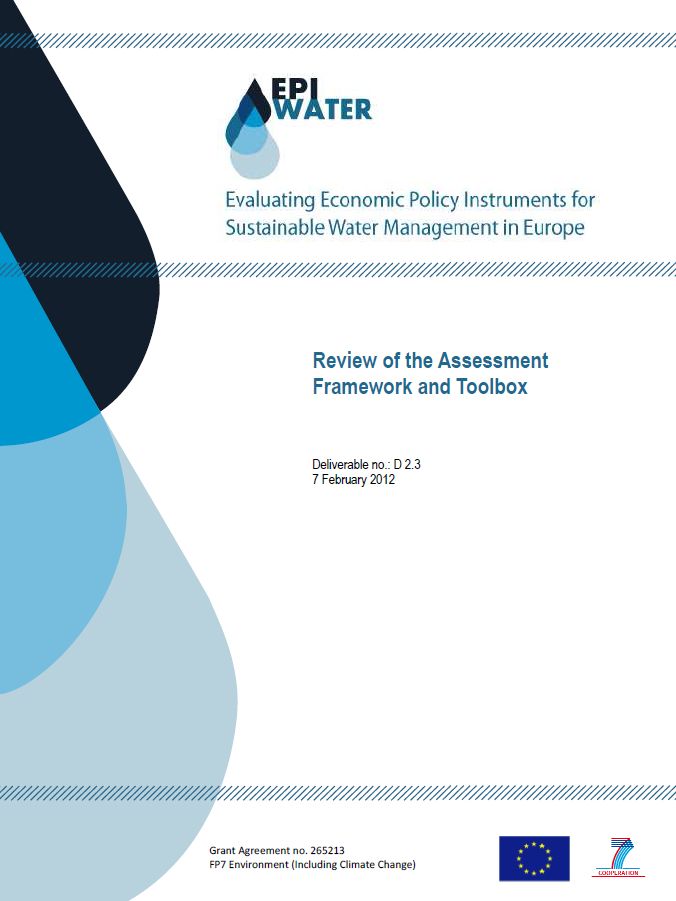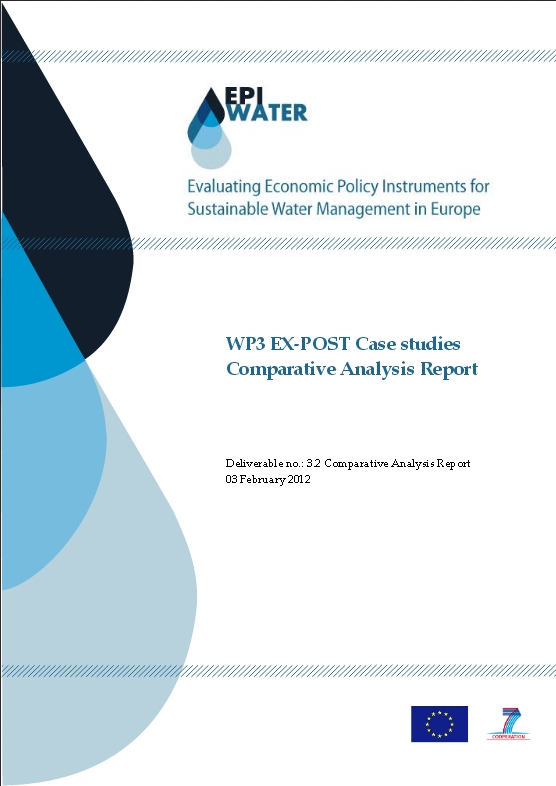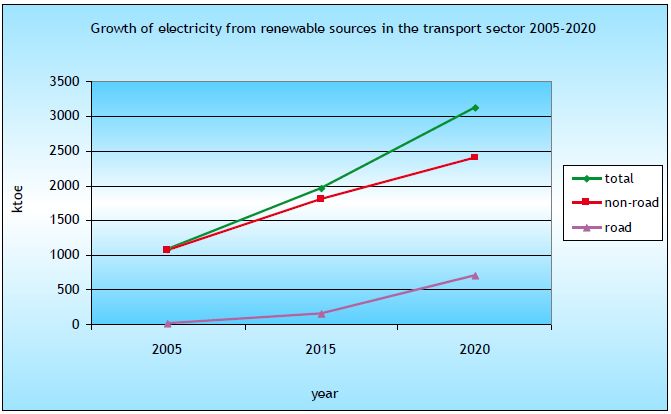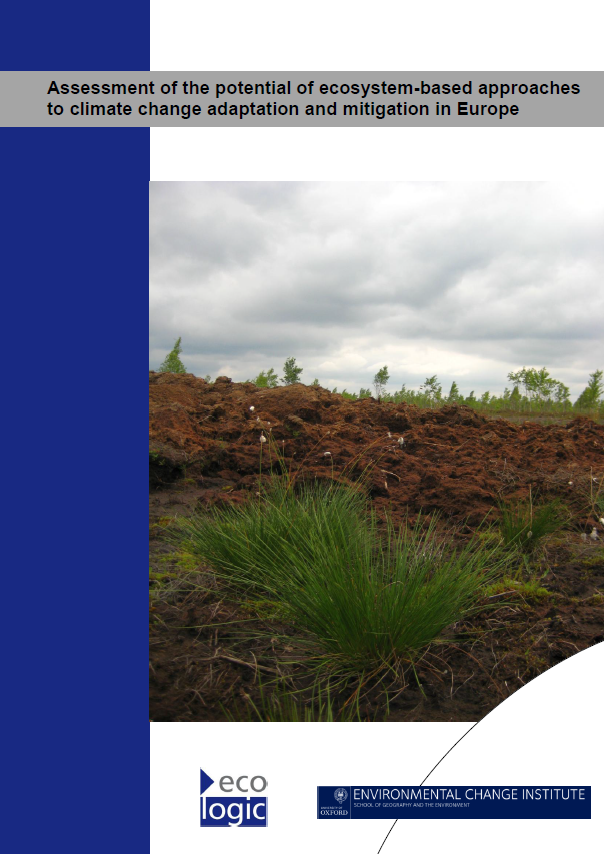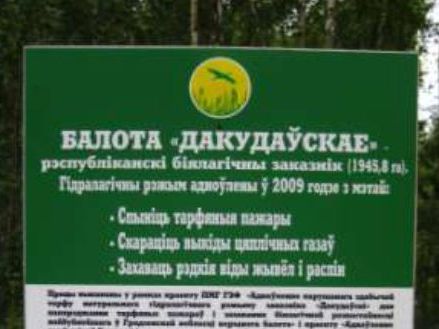Publication:Report
Publication:Report
Adaptation Measures in the EU: Policies, Costs, and Economic Assessment
Climate Proofing Report #2
Year
Read morePublication:Report
Evaluating Economic Policy Instruments for Sustainable Water Management in Europe
Review of the Assessment Framework and Toolbox
Year
Read morePublication:Report
Publication:Report
Publication:Report
Scaling up Carbon Markets in Developing Countries Post-2012
Are NAMAs the way forward?
Year
Read morePublication:Report
Shifting Renewable Energy in Transport into the Next Gear
Developing a methodology for taking into account all electricity, hydrogen and methane from renewable sources in the 10% transport target - Report for the Directorate General Energy
Year
Read morePublication:Report
Distributional Impacts of Environment-related Taxes and Environmental Tax Reform
EEA Technical report No 16/2011
Year
Read morePublication:Report
Publication:Report
China Discusses the German Nuclear Phase-Out
Article in the Southern Weekly (德国弃核,先驱还是先烈?– 南方周末记者亲历弃核后的德国)
Year
Read morePublication:Report
Publication:Report
Publication:Report
Publication:Report
Publication:Report
Restoring Peatlands and Applying Concepts for Sustainable Management in Belarus
An analysis of project implementation and cost-effectiveness
Year
Read more